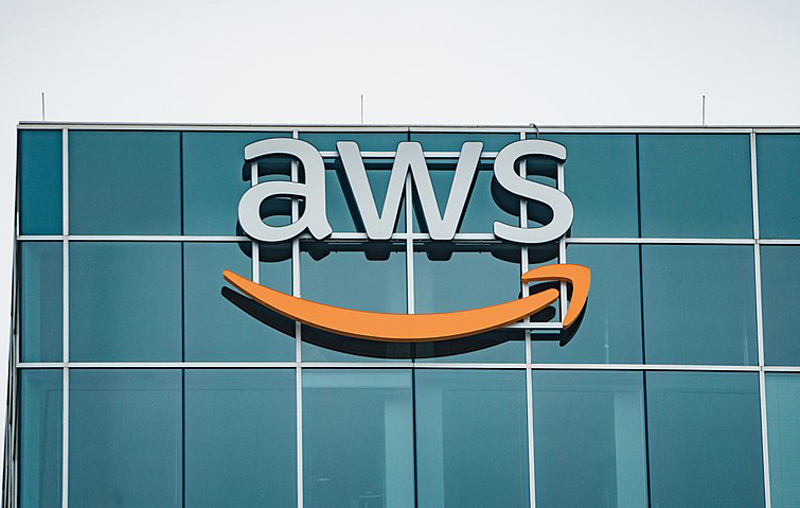 Amazon
Amazon
Ex-AWS engineer claims Amazon is 'silent sacking' employees in 5 phases
Hyderabad/IBNS: A former software engineer at Amazon Web Services (AWS) has claimed that the company’s recent mandate requiring employees to return to the office by January 2 is less about "inventing and collaborating," as stated by CEO Andy Jassy, and more about reducing headcount while avoiding significant tax liabilities.
John McBride, who worked at Amazon for a year until June 2023, took to X (formerly Twitter) to share his views, asserting that Jassy's announcement shouldn't have surprised those familiar with the company's operations.
"Ultimately, it comes down to taxes and economics," he wrote.
McBride outlined what he perceives as Amazon's five-phase plan.
The first phase involved laying off 30,000 employees, while the second phase introduced the return-to-office mandate, requiring employees to work from an office near their home two to three days a week.
"I went into the Denver office near me, a 20-minute commute," he noted.
In Phase 3, dubbed “return to team,” employees had to relocate to offices where their teams were based.
For McBride, this meant moving to Seattle.
"Many people left during this phase; I personally left in 2023 because I wouldn’t relocate," he said.
Phase 4, which McBride refers to as “silent sacking,” involved making the work environment increasingly unsatisfying for those who remained.
He described how employees would be excluded from in-person meetings, receive little support from management, and be assigned unengaging work.
Finally, Phase 5 marked the "death of remote," requiring everyone to work from the office where their team is located.
McBride’s claims resonate with at least two other former Amazon employees who reported being pressured to resign under similar conditions.
One, Robert Lacis, was required to move to a different city for office work despite being hired as a remote worker.
McBride characterized Amazon's return-to-office policy as a tactic to lower headcount, sidestep large tax liabilities, and boost profit margins in an economically tight environment.
He argued that the policy is not merely about promoting innovation but is strategically driven by economic factors, and by consolidating their workforce in physical offices, Amazon aims to maximize tax incentives and minimize operational costs.
He further explained that the company benefits from significant tax breaks in cities where its offices are located.
Allowing hybrid or remote work would leave many offices empty, reducing the incentive for tax exemptions.
"If Amazon continued to enable a remote workforce, the tax man would come knocking, and they'd be liable for hundreds of millions of dollars," McBride stated.
"In the end, Amazon's strict return-to-office policy is about strategic economics, not just fostering innovation or collaboration," the techie added.
Support Our Journalism
We cannot do without you.. your contribution supports unbiased journalism
IBNS is not driven by any ism- not wokeism, not racism, not skewed secularism, not hyper right-wing or left liberal ideals, nor by any hardline religious beliefs or hyper nationalism. We want to serve you good old objective news, as they are. We do not judge or preach. We let people decide for themselves. We only try to present factual and well-sourced news.







